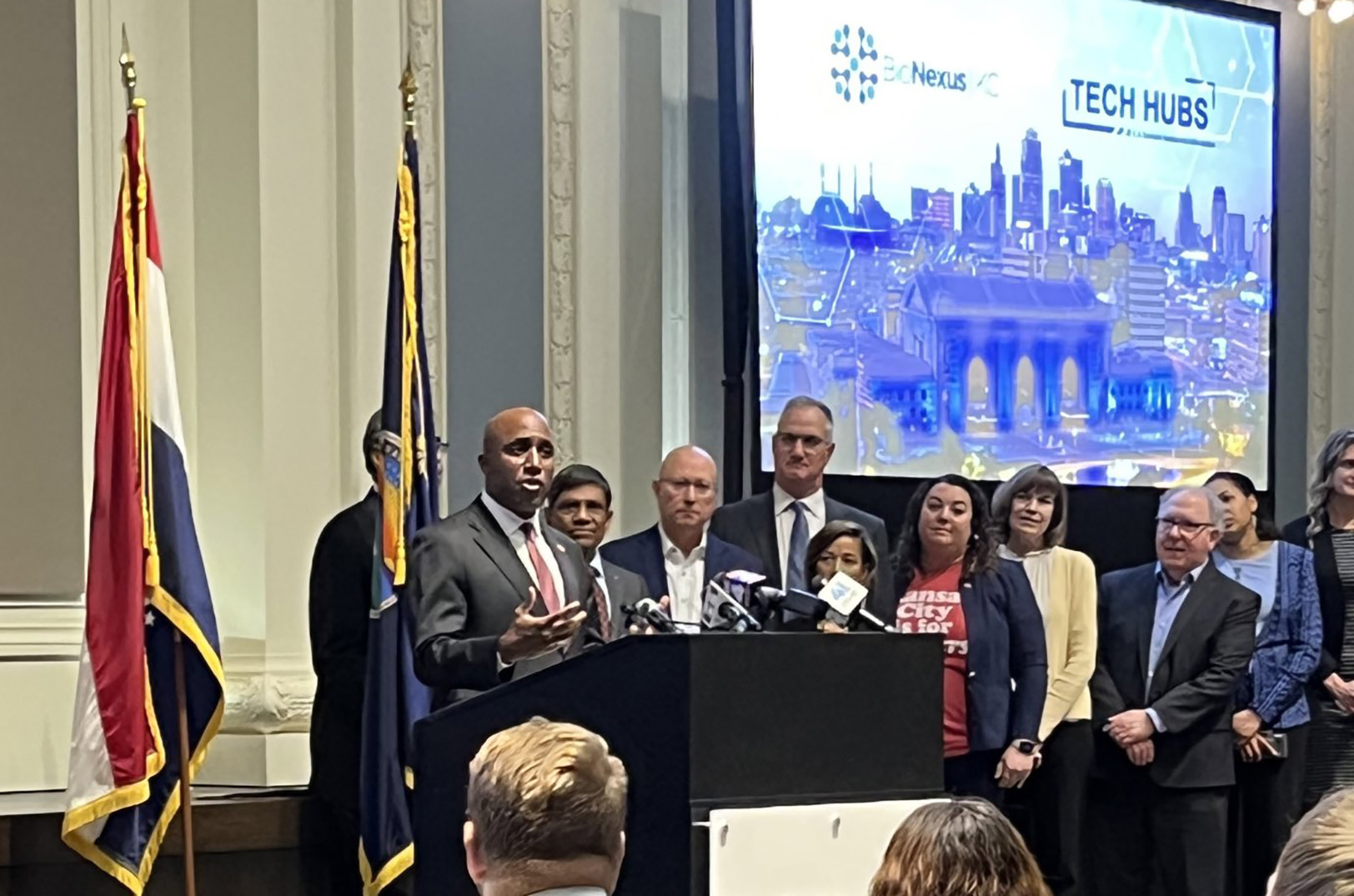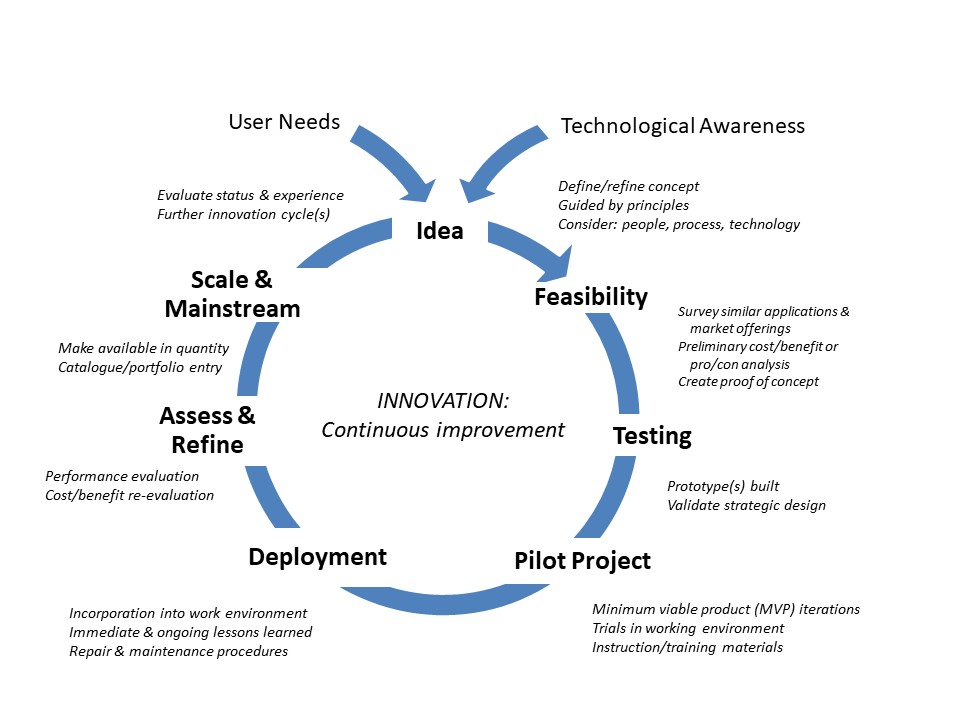
Boosting America’s Tech Future: $504 Million Investment in Emerging Tech Hubs
The Biden Administration has pledged an impressive $504 million towards the development of twelve tech hubs across the United States. This funding aims to stimulate innovation, enhance technologies, and diversify the nation’s economic landscape, reinforcing the tech sector outside its traditional geographical strongholds.
 Emerging Technologies Across the U.S.
Emerging Technologies Across the U.S.
A Strategic Initiative for Economic Growth
On July 2, the U.S. Department of Commerce’s Economic Development Administration made this significant announcement, underscoring the government’s commitment to its Tech Hubs Program, part of the 2022 CHIPS and Science Act. This act was designed not just to bolster semiconductor production but also to create a robust infrastructure for emerging tech sectors, such as quantum computing, biomanufacturing, and lithium battery production for electric vehicles.
The grants, which range from $19 million to $51 million, are allocated to various hubs that promise to ignite innovation in their respective fields. In a call with reporters, Commerce Secretary Gina Raimondo emphasized the goal of these initiatives: to unite local talent—entrepreneurs, researchers, and private sector experts—to create a powerhouse of innovation capable of driving economic growth nationwide.
Expanding the Geographic Footprint of Tech
Currently, the majority of new tech jobs are concentrated in well-established metro areas like Boston, San Francisco, and Seattle, which accounted for 90% of high-tech sector growth between 2005 and 2017 according to a 2019 Brookings Institution report. Raimondo pointed out that by fostering technology hubs in less recognized regions, the administration aims to unlock the vast potential of smart individuals and innovative companies across the entire country.
“We’re leaving so much potential on the table if we don’t get them the resources to compete and win in the tech sectors that will define the 21st century global economy,” Raimondo asserted.
Focused Initiatives and Innovations
The projects funded by these grants vary widely in focus, with many prioritizing workforce development, technological innovation, and startup support. Notable plans include the Elevate Quantum hub in Colorado and New Mexico, which plans to establish labs and fabrication plants for low-volume manufacturing. Another significant project is Indiana’s Heartland BioWorks, which aims to construct a cutting-edge training and demonstration facility.
Creating Opportunities in Emerging Technologies
The Illinois-based iFab Tech Hub stands out with its intention to upgrade facilities for companies innovating fermentation technologies critical for sustainable manufacturing. Nicole Batement, president of the Economic Development Corp. of Decatur & Macon County, highlighted the competitive advantage this investment brings, stating, “This landmark investment in iFAB’s vision and infrastructure will allow the U.S. to rival Europe and China, who have been investing heavily in this space.”
Addressing Climate Challenges and Sustainable Innovations
Additionally, the South Florida ClimateReach Tech Hub targets sustainable infrastructure development amidst the ongoing climate crisis. Under the direction of the Miami Dade County Innovation and Economic Development Office, the hub is set to boost the use of reduced-emissions concrete—echoing a broader commitment to reshaping industries to be more environmentally friendly.
County Mayor Daniella Levine Cava expressed optimism about the initiative, stating, “This investment from the Biden-Harris administration will enable us to confront the climate crisis head on, driving economic innovation and creating high-quality jobs here in South Florida.”
The Bigger Picture: A Five-Year Commitment
The CHIPS Act authorized a substantial $10 billion for the Tech Hubs Program over a span of five years. Thus far, $541 million has been appropriated, demonstrating the Biden administration’s resolve to rejuvenate America’s technological landscape and foster economic resilience.
 The Transformative Power of Technology
The Transformative Power of Technology
Thus, these initiatives extend beyond immediate economic benefits; they reflect a forward-thinking strategy aimed at embedding the U.S. as a prominent player in the global technology economy—an arena where innovation and adaptability will define future success.
Conclusion: A New Era of Tech Hubs
Ultimately, this $504 million infusion serves as a catalyst for emerging tech sectors in less traditional locales, encouraging innovation, creating jobs, and potentially reshaping the economic map of America. The initiative stands as a testament to the belief that talent and innovation exist beyond major metropolitan areas and that with the right support, the U.S. can nurture cutting-edge technologies that will shape its economic foundation in the years to come.















